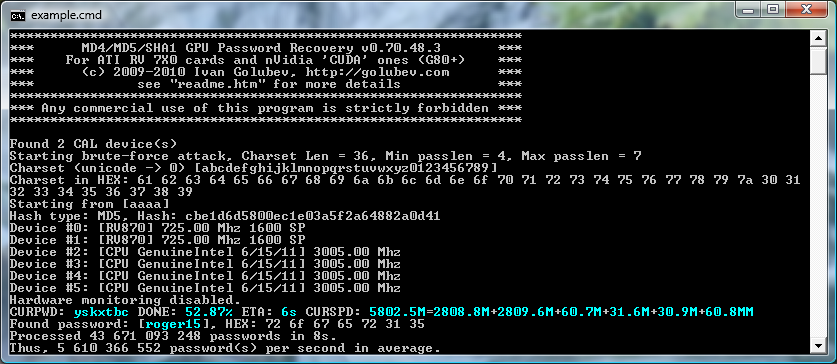I have believed for a long while now that passwords need to go away. I have to wonder if this comically bad password policy is someone working within the system to get rid of them by making them even more absurd than they already are….
In “How does bad password policy like this even happen?” we addressed the deep question of what goes through someone’s head when he or she creates password policy that makes little or no sense and substantially damages security. The case in point was that of Nelnet, which had a comically bad password policy with restrictions that make no reasonable sense at all. For instance:
It can’t contain two separated numbers (i.e., Abc12ef34 would be invalid)
Perhaps the developers are deathly afraid that someone will have 4+7 in a password and somehow cause SQL to do something dangerous with it. If the database is so brittle as to be incapable of handling something like that, even when special characters such as plus signs are disallowed anyway (another golden example of bad policy at the same site), we can be reasonably certain that the offending organization should not be trusted with any private data anyway.
What can be worse than such ludicrous password policy?
How about a slightly less ludicrous policy that is almost as bad for security and comes with a completely absurd, even insane, explanation for why the password policy is so bad?
This is the case of American Express, evidently. A customer received a thoroughly crazy customer service email explaining the reasoning behind a password policy limited to eight characters, with special characters prohibited. The most unbelievable thing about this entire situation is that the email reads like it was written by a Nigerian scammer, but it came from the American Express “Email Servicing Team.”
Key phrases illustrating the lunacy of the explanation include:
- We discourage the use of special characters because hacking softwares can recognize them very easily. Presumably, this is meant to refer to keyloggers that might harvest passwords, but the fact of the matter is that detecting passwords is not dependent on the characters used. Key factors such as words (or non-word strings of characters) appearing out of context in the middle of other logged keypresses and time delays at either end of a single, relative short string of characters are much more important for identifying passwords than whether an asterisk is typed.
- The length of the password is limited to 8 characters to reduce keyboard contact. Some softwares can decipher a password based on the information of “most common keys pressed.” For commonality of keypresses to be used to statistically identify passwords, your passwords will have to be incredibly long. Otherwise, every time you type Xerox, the date or time, or an emoticon, someone trying to parse a keypress log is going to have to check to see if it is a password. Sorry — this part of the explanation is even less reasonable than the first quote.
This little gem of an email from Saturday has already spread like wildfire amongst online communities populated by people with an inkling of what “security” means, and the consensus is that whoever this person is, he or she does not not know what “security” is. One can only hope that this person is making things up to BS a customer, rather than actually expressing official American Express “security” policy.
The alternative is too horrible to imagine.

![[x]](/images/sigil_md.jpg) Blackmoor Vituperative
Blackmoor Vituperative
